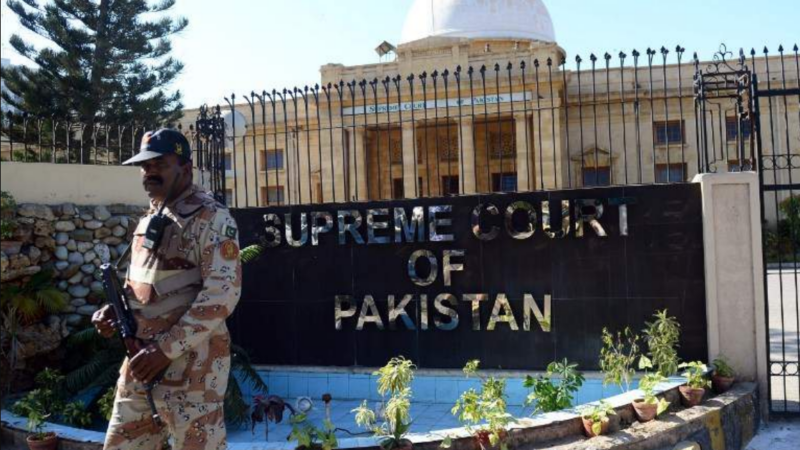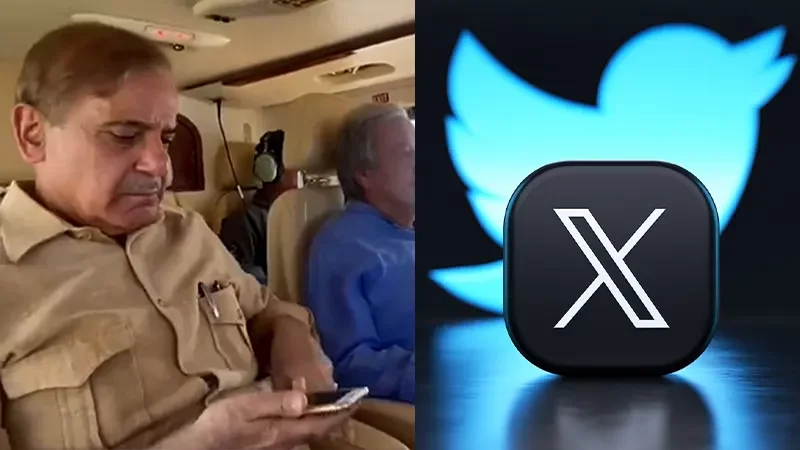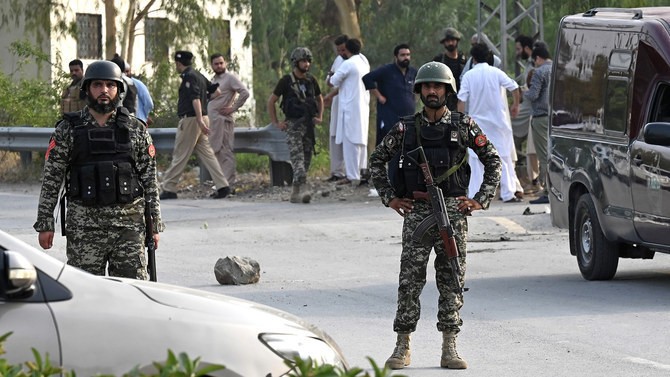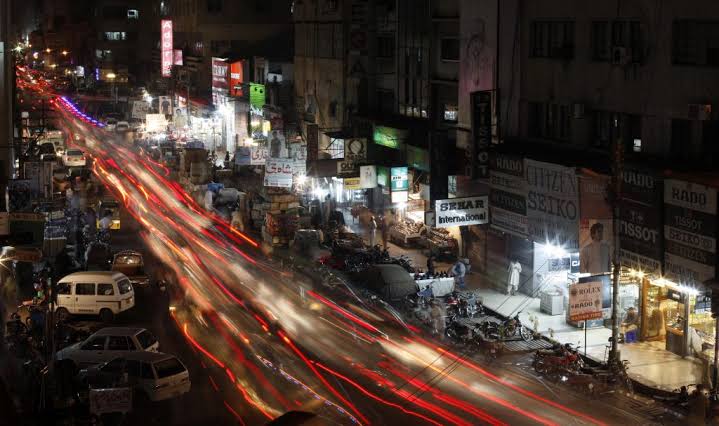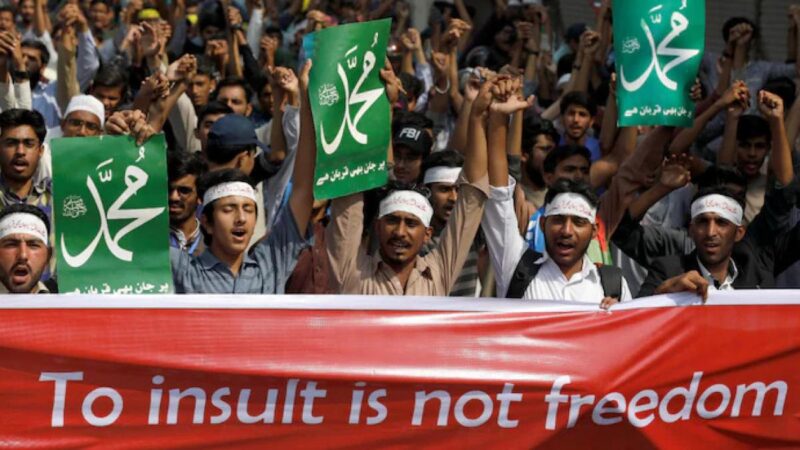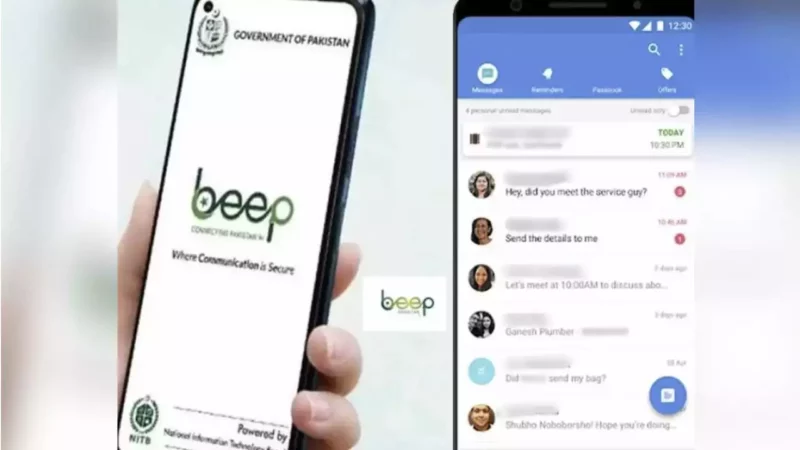Wikipedia Ban Exposes Pakistan’s Draconian Internet Censorship Policy
The Pakistan Telecommunication Authority (PTA), the media regulator of Pakistan, temporarily blocked access to Wikipedia due to the presence of content that was deemed insulting to Muslim sentiments. The website was inaccessible for two days until it was restored by the directive of Prime Minister Shehbaz Sharif on February 6.
The move faced condemnation from human rights activists and international watchdog organizations, who called it a significant blow to digital rights and freedom of speech in Pakistan. The Wikipedia ban highlights the inconsistent and recurring attempts by Pakistani authorities
to restrict internet access, a concerning pattern that undermines the country’s nascent knowledge economy.
More importantly, it suggests that Islamist groups and their radical
ideologies continue to hold considerable sway in Pakistan, particularly on the matter of blasphemy, regardless of which political party holds power in Islamabad. Under Pakistan’s contentious blasphemy laws, those convicted of defaming Islam, or its religious figures can face the death penalty.[2] Mere allegations of the blasphemy offense often lead to mob violence and deadly attacks in Pakistan.
International and local human rights organizations claim that blasphemy accusations are frequently used to target minority religious groups and resolve personal grudges. At least 80 people have been killed in Pakistan over blasphemy allegations since 1990, including family members
of the accused, their lawyers and at least one judge.
On February 1, PTA announced it was “degrading” access to Wikipedia in Pakistan due to the presence of “sacrilegious content”, giving the website 48 hours to remove them. It did not specify which content it found sacrilegious.
In its statement following the ban on February 4, the PTA said that it blocked access to Wikipedia due to the website’s failure to remove the offensive content within a 48-hour deadline. The statement says, “such things hurt the sentiments of Muslims”.
Confirming the ban on Wikipedia in Pakistan on February 4, the Wikimedia Foundation issued an official statement, saying: “We believe that access to knowledge is a human right. A block of @Wikipedia in Pakistan denies the 5th most populous nation in the world access to the largest free knowledge repository. If it continues, it will also deprive everyone access to Pakistan’s history and culture.”
The first ban on Wikipedia in Pakistan was imposed in May 2010 due to concerns about the presence of controversial material on the website, including content related to blasphemy, pornography, and terrorism. In the past, Pakistan blocked TikTok twice for allegedly uploading “immoral, obscene and vulgar” content.
Dating apps including Tinder, Grindr, among others were also previously banned in Pakistan for allegedly disseminating “immoral content”. Also, in 2010, Pakistan had blocked YouTube because of its “growing sacrilegious content”.
Furthermore, the PTA Pakistan barred Facebook and other websites in response to a contest popularized on the social networking site to draw images of Prophet Muhammad, which is considered blasphemous in Pakistan. In Islam, it is believed that any physical depiction of Prophet Muhammad is sacrilegious and deserves serious punishment. In
2019, the PTA informed the National Assembly Standing Committee on Information Technology and Telecom that 900,000 URLs had been blocked in the country for reasons including “carrying content and/or sentiments that were blasphemy, pornographic, or hostile towards the state, judiciary, or armed forces.”
The PTA’s latest decision to restrict access to information from Wikipedia was widely criticized by internet users in Pakistan. The excessive power given to the government’s telecommunications authority and its impact on the freedom of speech in the country has been a source of great concern for many people in Pakistan. Out of sheer helplessness, some individuals even called for the PTA to ban the internet altogether if the authority’s
true intention was to control the flow of information rather than regulate and enhance telecommunications for the benefit of the general public. Wikipedia was only restored in Pakistan following a public outcry on social media.
Importantly, this kind of internet censorship is common in Pakistan, as the country has a history of censoring major websites and social media platforms. Expectedly, the recent restrictions, like previous ones on other websites and platforms, proved detrimental to the access to information for Pakistani citizens. At a time when many countries are liberalizing their approach to technology, Pakistan is going backwards. The previous Imran Khan government was overly concerned with data accessibility for the Pakistani population and attempted to pass a legislation to access data servers and require tech companies to maintain a physical presence within the country for the purpose of monitoring.
This kind of insecure mindset is indicative of a culture in which ignorance and fear driven decisions regarding technology access and highlights the lack of technological understanding in Pakistan. The ban on Wikipedia, as a “knee-jerk” reaction to content allegedly deemed controversial, rather than an acknowledgement of its nature as a ‘crowdsourced’ platform that can be edited, has once again exposed Pakistan. The decision only serves to reinforce the arbitrary use of internet censorship in Pakistan and the helplessness of the local citizens against such state-sponsored draconian measures.

